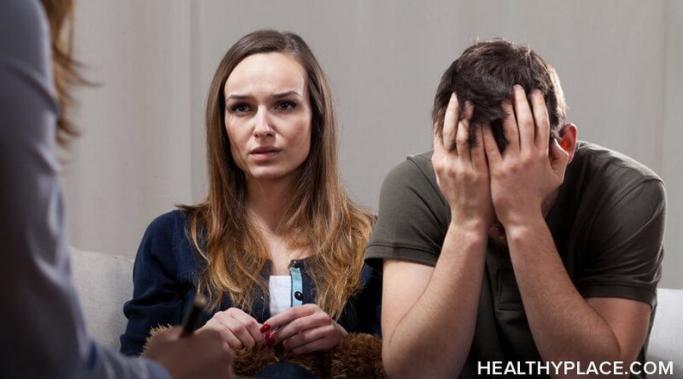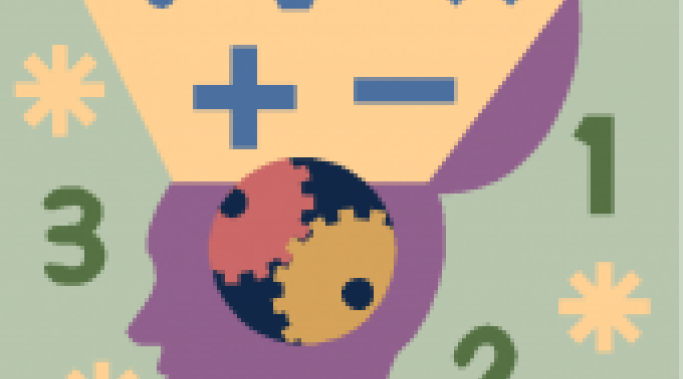For a very long time I struggled with severe and crippling anxiety. At one point, around the age of fifteen, I could not leave my home. Literally. Anything outside of my home, my four-walled room, was terrifying. School--impossible. For as much as I tried to emulate my siblings, to smile and laugh, to have friends and go to classes, to come home and talk to my parents-I simply could not.
My heart would race when stepping outside of the door; my legs would wobble, unsteady, unsure (The Silencing of Agoraphobia).
Mental Health - Recovering from Mental Illness
Because I was diagnosed with bipolar disorder at a very young age, a whopping twelve years old, I have a hard time remembering a life before the diagnosis—before I was told, “Natalie, you have Bipolar Disorder.” The only thing I understood was that I missed the Halloween dance at school; that I was sick and tired of being sick and tired.
But I remember being a little girl. A little girl who did not take medication. I remember long nights when I could not sleep; even longer days when I was crazed and manic. I recall my mother’s eyes, frightened, and my father's hands hugging me, telling me to calm down. That I would be okay. I can visualize in flashes my siblings; younger than I. Talking to them from the hospital.
But it ends there. Life after the diagnosis has captured the rest of my life. At the age of twenty-six, the word ‘after’ lingers.
Let's pull out the good old thesaurus to attempt to define a feeling that is so prominent when you are diagnosed with mental illness:
> Singleness
>Alienation
>Isolation
Now, I usually pepper these definitions with a large amount of sarcasm because, usually, they are bloody ridiculous. Having said this, the above definitions make sense on my end. Mental Illness has alienated me, isolated me, and made me feel singular--not the same as others. That's what I want to explore in this blog: mental illness can make us feel terribly lonely and in order to recover we need to work to understand that while mental illness can make us feel isolated, we can move past it.
Mental Illness is a Lonely Disease
The topic for this blog came from a phone conversation with someone in-my-circle-of-people-I-appreciate-and-trust. That's a mouthful. In other words: I have a difficult time trusting people. And this person, whom I have known for a verrrry long time (who I love very much), called me one the morning. As she usually does. Without hesitation.
So, What Happened?
I wrote a post in October entitled Being a Mental Health Patient Requires Patience and want to expand on this as it is such a prominent part of recovering from mental Illness. I don't know about you, but patience is certainly not a virtue that I possess.
What the Hell is Patience?
What Comes to Mind When I Think of 'Crazy?'
"I'm not sick anymore!" Sound familiar? It does for many people who struggle with mental illness, particularly chronic mental illness, but also addiction and alcoholism. It's important to mention that this feeling is not exclusive to these diseases but for the purpose of this blog let's focus on them.
The diagnosis of mental illness is akin to being hit by a bulldozer. But you survive and work to carry on--to recover. It can be hard, while in the midst of things, to forget the people who have stood by our side. The people who we might have hurt when we were sick.
My Experience
I enjoy reading posts that mention the authors personal experience--it makes it real. It makes the person real. So, let me summarize twenty-six years:
Diagnosed at 12, I have been blessed with a family who never left my side, despite mental health professionals telling them to put me 'in a home.' I am their child and they could not fathom doing this. As I grew up and addiction engulfed my life, they pulled away out of necessity, quite literally waiting for me to die. I have two siblings and they needed my parents just as much as I did.
They could have given up. Many parent's do...but they waited. Waited for me to hit bottom, and bottom I did, before reclaiming my life. When I was sick, I did not understand the sacrifices they made. I did not recognize the effect my illness had on their lives, my siblings--the family dynamic. I felt angry. Alone. Unloved. Like the black sheep.
As I became better, I realized that I owe much of my life, the fact my heart is beating as I write these words, to them. I am able to express my feelings to them now, but not without guilt.
Working Through the Guilt and Embracing Those Who Love You
Have you ever watched television, absentmindedly, and are shaken awake by the statement: "One in four people will suffer from a mental illness at some point in their lives." Great. My first instinct? Well, I feel less alone.
The Mathematics of Mental Illness
I am certain many people can relate to this topic when connected to mental illness. In my life, feeling disconnected from people occurred at times that defined large changes in my life--when coming to terms with diagnosis, working to recover, and finally to reach a level of acceptance.
Before Diagnosis









